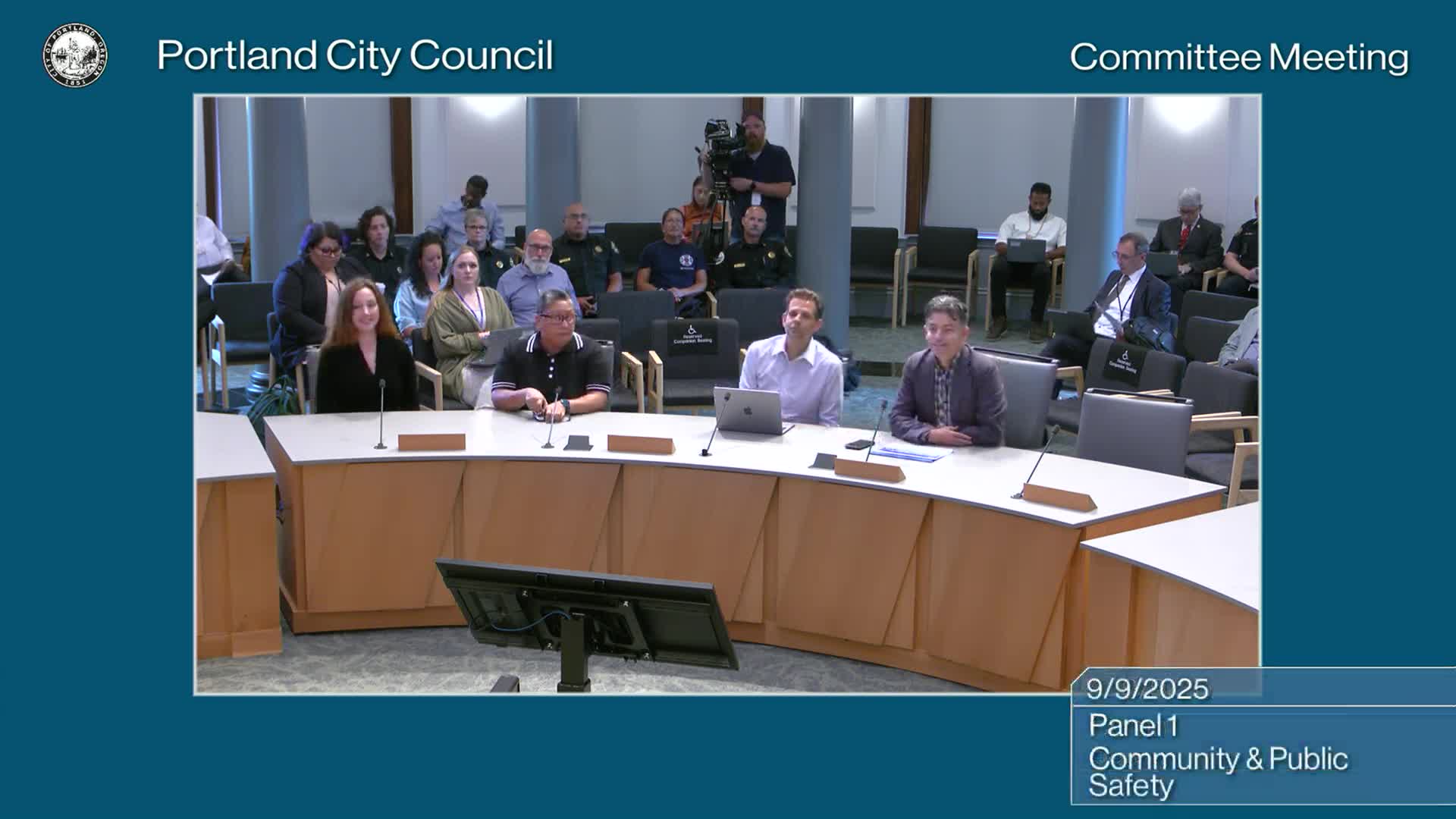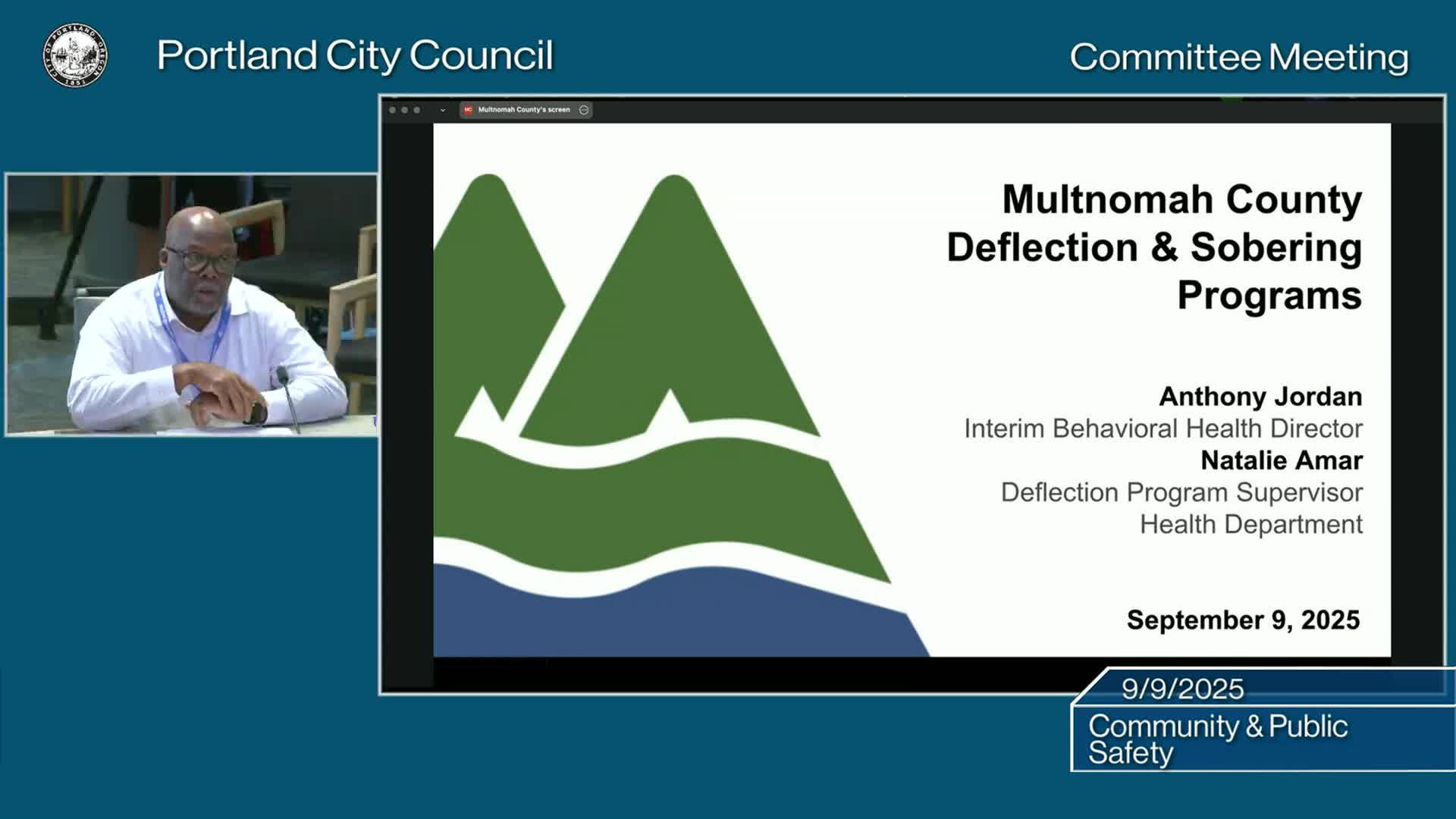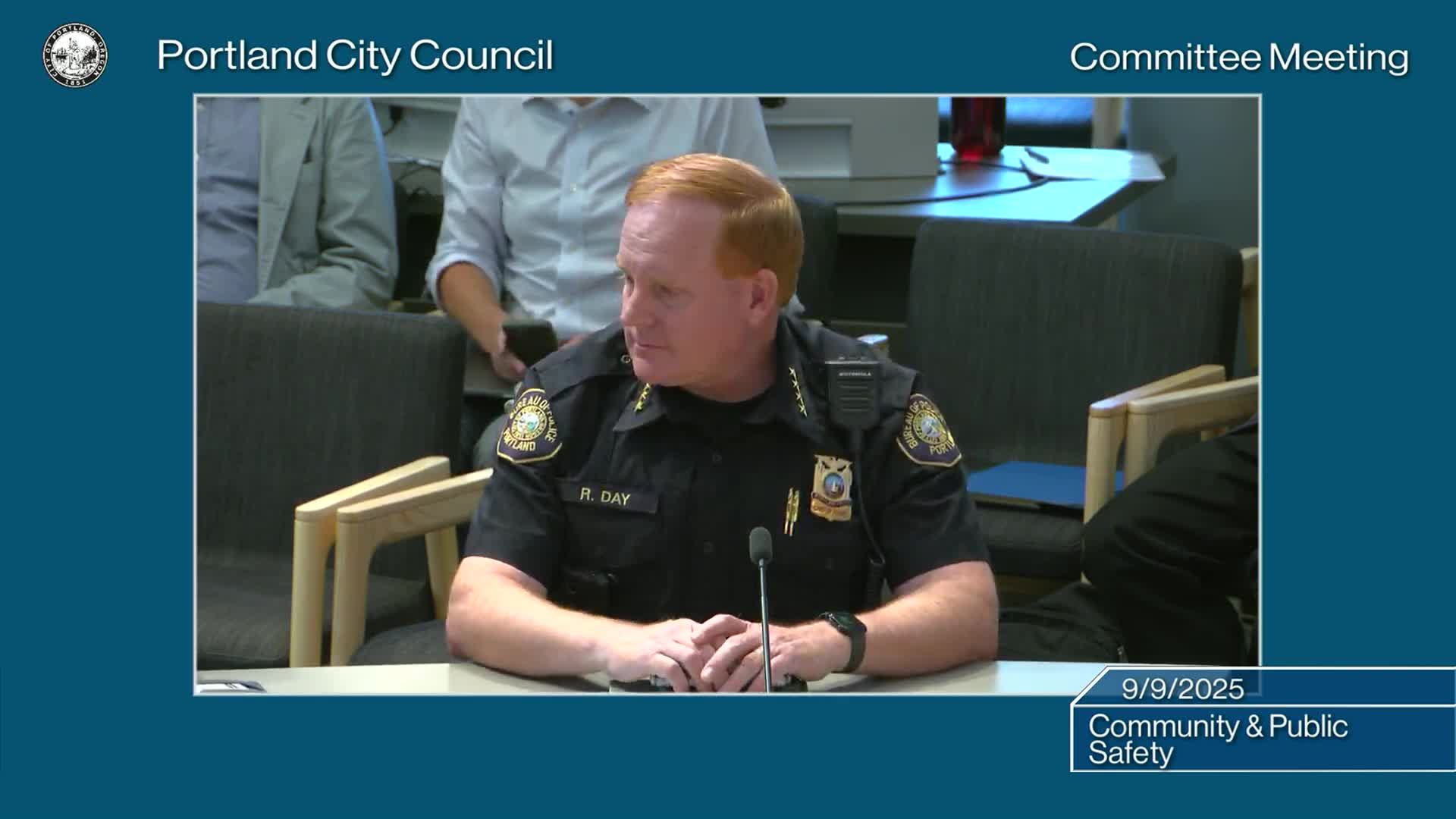Article not found
This article is no longer available. But don't worry—we've gathered other articles that discuss the same topic.

Portland providers say region lacks psychiatric beds, treatment slots and recovery housing

County deflection center provides immediate referrals; judges and advocates say longer‑term tracking and capacity remain limited

